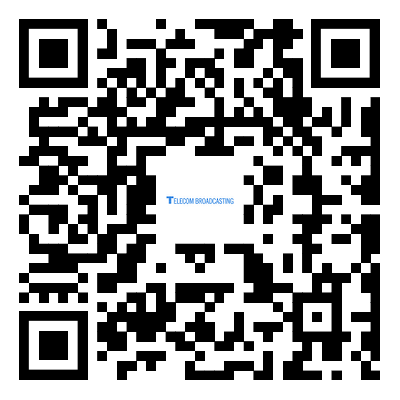What is the function of communication module?
2023-12-06
A communication module serves as a crucial component in various devices, systems, or equipment, allowing them to connect, exchange data, and communicate with other devices or networks. The function of a communication module varies based on its specific application, but generally, it enables the transmission and reception of information between devices or systems. Here are some common functions and roles of communication modules:
1. Data Transmission: Communication modules facilitate the transfer of data between devices or systems through wired or wireless connections. They enable the exchange of information, messages, or signals, supporting communication protocols like Wi-Fi, Bluetooth, Ethernet, GSM, LTE, Zigbee, NFC, etc.
2. Connectivity: They provide connectivity options, allowing devices to establish connections with other compatible devices, networks, or the internet. For instance, in IoT (Internet of Things) devices, communication modules enable connections to IoT platforms or cloud services.
3. Remote Control and Monitoring: Communication modules enable remote control, monitoring, and management of devices or systems from a centralized location. This function is vital in various applications, such as remote access to smart home devices, industrial automation, or remote monitoring of equipment.
4. Real-time Data Sharing: They facilitate real-time data sharing and synchronization among devices, enabling seamless communication and collaboration in interconnected systems or networks.
5. Telemetry and Telecommunications: Communication modules are used in telemetry systems for transmitting sensor data or information from remote locations, such as in environmental monitoring, weather stations, or remote sensing applications. They also play a crucial role in telecommunications systems for voice, data, or multimedia communications.
6. Security and Encryption: Some communication modules include security features, encryption protocols, or authentication mechanisms to ensure secure data transmission, protecting information from unauthorized access or interception.
7. Compatibility and Interoperability: Communication modules support various communication standards and protocols, ensuring compatibility and interoperability between different devices, regardless of their manufacturers or types.
8. Integration with Control Systems: In industrial settings, communication modules integrate devices with control systems, allowing seamless communication between sensors, controllers, and supervisory systems for process control and automation.
The function and capabilities of communication modules depend on the specific requirements of the devices or systems they are integrated into. They are essential in enabling connectivity, data exchange, and effective communication between devices, contributing to the functionality, efficiency, and interconnectedness of modern technological systems and networks.


